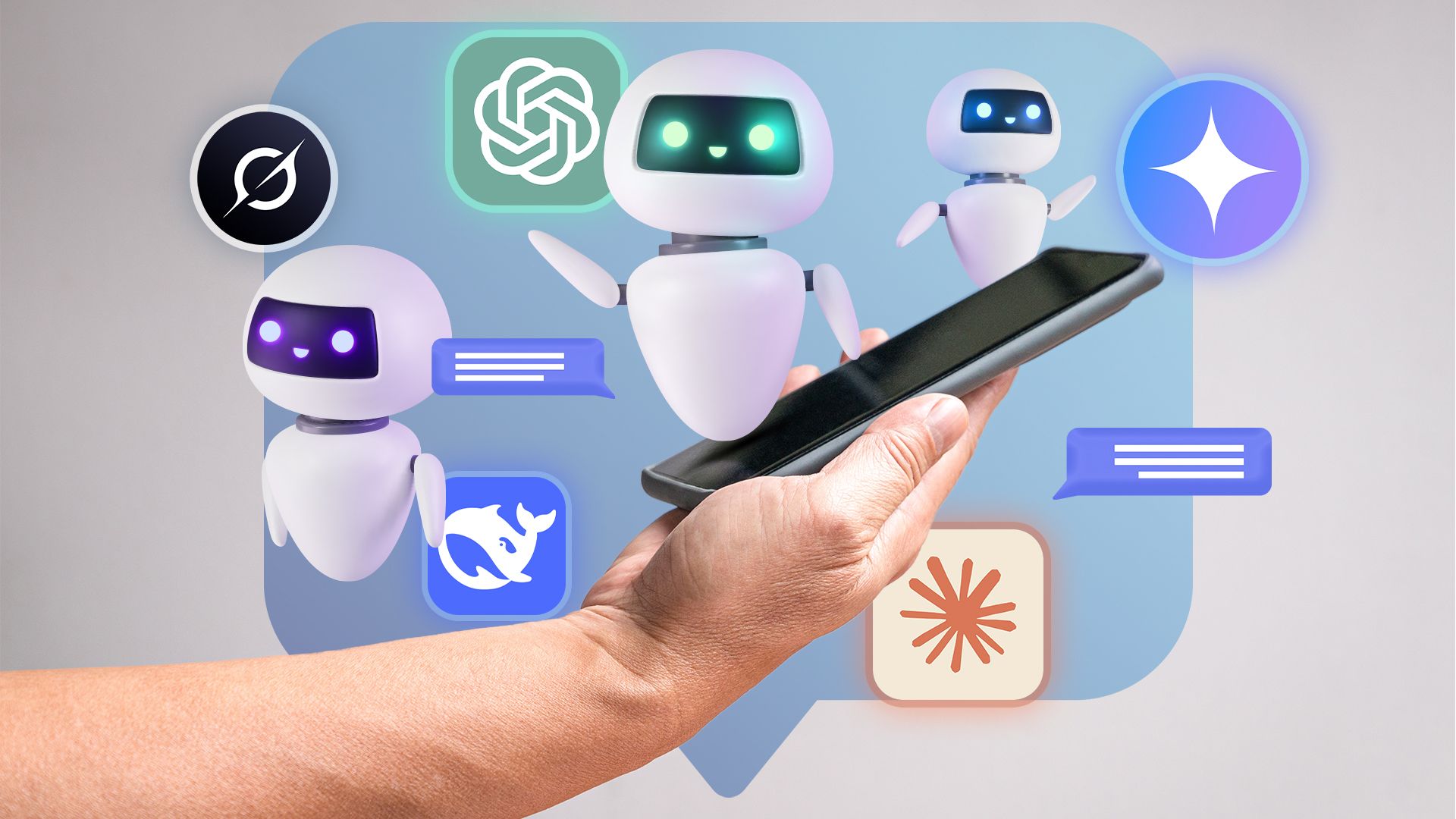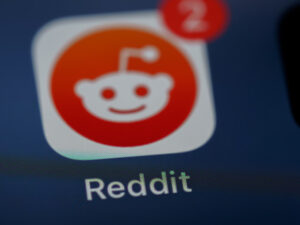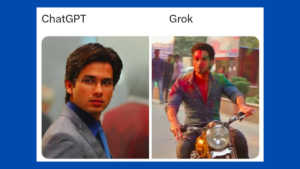I tested five popular AI chatbots, and one assistant stood out from the rest.

The Rapid Evolution of AI Chatbots
AI chatbots have progressed from being mere novelties to indispensable tools for millions of users worldwide. Since its launch, OpenAI’s ChatGPT saw a remarkable spike in popularity, attracting 100 million users within just two months, as reported by multiple sources. This success has fueled a competitive environment, prompting major tech companies and startups to roll out new large language models to keep up.
Comparing Knowledge Ranges of Major Chatbots
All AI chatbots are designed using extensive datasets, enabling them to acquire a wide-ranging knowledge base spanning history, science, and popular culture. Notably, Gemini, developed by Google, taps into the company’s vast information reservoir. It has been trained on massive amounts of text and can even pull real-time information directly from Google Search, enhancing its ability to provide accurate answers tailored to current events.
Chatbots with Real-Time Search Features
Several leading chatbots, including Grok, ChatGPT, and DeepSeek, have the capability to conduct real-time searches, allowing them to access up-to-date information beyond what their training provided. Unlike these models, Claude does not have direct web access, although users can still input content from the internet for processing.
Each chatbot differs in accuracy based on the complexity of the queries. While Grok 3 and DeepSeek R1 excel on specific tasks like intricate math problems and logic challenges, ChatGPT and Gemini are robust generalists. All models occasionally generate incorrect answers, often referred to as "hallucinations," so they should be approached with caution.
Performance in Creative Writing Tasks
The creativity of each chatbot varies significantly. Users generally consider Claude the best option for producing natural and human-like text. On the other hand, ChatGPT and Gemini tend to use more formal language, although they can easily adapt to different styles when directed. Grok stands out for its witty responses, making it an enjoyable choice for light-hearted writing and casual dialogues, whereas DeepSeek is geared more towards technical tasks.
Customization Options for Users
Customization is essential in improving user experience with AI chatbots. Gemini provides options for creating personalized AI workloads referred to as "gems," while ChatGPT offers a "GPT builder" for similar purposes. Claude allows users to adjust response styles, enabling the setting and saving of tone preferences by uploading relevant sample content.
Conversely, Grok serves primarily as a standalone assistant with limited customization capabilities. In contrast, DeepSeek is an open-source option that allows advanced customization but requires some programming knowledge, making it less accessible for everyday users who may not have technical expertise.
Voice Interactions in Chatbots
Voice interaction capabilities differ among chatbots. Gemini includes Gemini Live, which supports multi-language conversations using Google’s voice technology expertise. Its speech recognition and command interpretation are particularly effective for tasks related to Google services, offering a smooth yet slightly formal interaction style.
Both DeepSeek and Claude primarily function in a text format, but they can utilize third-party tools for voice interactions, albeit less efficiently. Grok offers variable personalities, yet its voice interaction accuracy can be inconsistent. ChatGPT boasts a mature voice chat feature that supports multiple languages and is effective in interpreting and responding to voice commands, although some users have reported odd behaviors, such as mimicking the user’s voice tone.
Data Protection Policies
Each chatbot operates under different company policies regarding data privacy. ChatGPT generally trains on conversation data unless users opt-out, and OpenAI enforces strict guidelines against harmful content. In contrast, Claude avoids using user data for training unless necessary for safety reviews and actively filters out toxic prompts.
Google, backed by decades of experience handling user data, links Gemini conversations to Google accounts while allowing users the option to delete their activity. It does not use data for model training without user consent and prioritizes safety through strict filters.
Grok follows X’s privacy policies, where users can choose to opt-out of data sharing, although it primarily uses public posts and conversations to improve the AI. DeepSeek has raised concerns, with reports suggesting that it shares user data with its parent company in China. It allows users to store data on personal servers for enhanced security, but its operations must adhere to local censorship laws, potentially leading to generic responses on sensitive topics.






